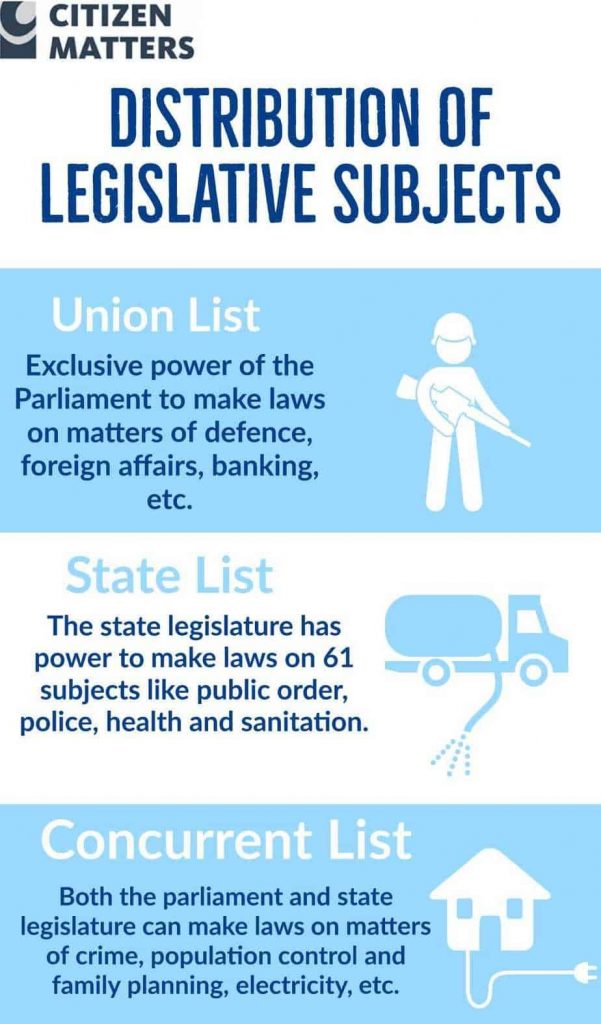[ad_1]

Context:
Twelve legislators were suspended for one year by the Maharashtra Assembly in July 2021 for alleged disorderly conduct.
The unusually long period of suspension has been questioned by the Supreme Court, which is hearing a challenge to the Assembly’s action.
The court has reserved its judgment after hearing elaborate arguments. The main question before the court is whether suspension for a whole year is valid.
What happened on July 5, 2021?
- There was a ruckus in the Assembly when the MVA party government introduced a resolution seeking empirical data on OBCs (other backward classes) from the Union government.
- The House was adjourned for a few times before the resolution was passed, as Opposition members rushed to the well of the House and were accused of damaging the presiding officer’s microphone and grabbing the mace.
- Later, an MLA who was in the Chair during the incidents, said when he was in the Deputy Speaker’s chamber, some members rushed inside and abused him.
- A resolution moved by the Parliamentary Affairs Minister was subsequently adopted by the House suspending 12 MLAs. They were barred from entering the legislative premises for 12 months.
What questions has the Supreme Court raised?
- In the course of the hearing, a Bench, comprising questioned the rationality of suspending members beyond an ongoing session.
- The Bench also cited Article 190(4) of the Constitution, which stipulates that the House may declare vacant the seat of a member who is absent for 60 days without permission, to wonder whether any suspension could traverse beyond this 60-day limit.
- The basic structure of the Constitution would be hit if the constituencies of the suspended MLAs remained unrepresented in the Assembly for a full year.
- Under Section 151 (A) of The Representation of the People Act, 1951, “a bye-election for filling any vacancy shall be held within a period of six months from the date of the occurrence of the vacancy”.
- This means that barring exceptions specified under this section, no constituency can remain without a representative for more than six months.
- Also, the Representation of the People Act, 1951, says any vacancy in the House has to be filled up through a by-election within six months of its occurrence, the Bench pointed out, and wondered if a constituency can be unrepresented in the Assembly for a whole year in the light of this six-month limit.
- Further, suspension seemed to have worse consequences than outright expulsion from the legislature, as a by-election will be held within six months; whereas, a one-year suspension does not entail mandatory filling up of the vacancy.
- The Bench also wondered about the likely consequences of an unlimited power of suspension for democracy, as it could be misused to alter the composition of a House in which a Government has only a slender majority.
Suspension of an MLA is worse than expulsion: Supreme Court
Supreme Court said that suspension from the Legislative Assembly for a year is “worse” than expulsion, as the consequences are so dreadful and it affects the right of a constituency to remain represented in the House.
The SC mentioned that you cannot create a constitutional void, a hiatus situation for the constituency. And it is one constituency or 12 constituencies, it makes no difference.
The Court observed that each constituency has equal amount of right to be represented in the House.
What does the State government say?
- Counsel for the State government has argued that there is no limitation on the power of the legislature to punish for breach of privilege or disorderly conduct in the course of its proceedings.
- Once the power to punish a member for disorderly conduct is recognised, there can be no judicial review of the manner in which it is exercised.
- Under Rule 53 of the Maharashtra Assembly Rules, the Speaker could direct a Member to withdraw from the Assembly for disorderly conduct for the day, or the remainder of the Session.
- However, there is no such limitation when the whole House decides to impose suspension.
- In this context, counsel contended that when the power to expel a member is available, the power to suspend, being a lesser punishment, is also available to the House at all times.
- On the provision for declaring a seat vacant if the member is absent for 60 days, the Government has argued that it is the House that declares the seat vacant.
- It is not a necessary consequence of a member’s absence for 60 days on which the House met.
- Further, during suspension, a member continues to hold office, but only loses their voice in the legislature.
Conclusion:
It said the House cannot suspend a Member beyond 59 days. Suspension of the MLAs would amount to punishing the constituencies as a whole.
The Bench referred to Article 190 (4) of the Constitution which says that if for a period of 60 days, a member of a House, without its permission, is absent from all meetings, the House may declare his or her seat vacant.
Despite these rules, the House can deviate from the rules. Deviation is permissible but these rules are benchmark, guide.
Deviation can be there of the procedure but not of substantive matters.
Constitution Bench has said that it is not untrammeled power of the legislature & they are bound by the law laid down by the Parliament and the Constitution.
[ad_2]

